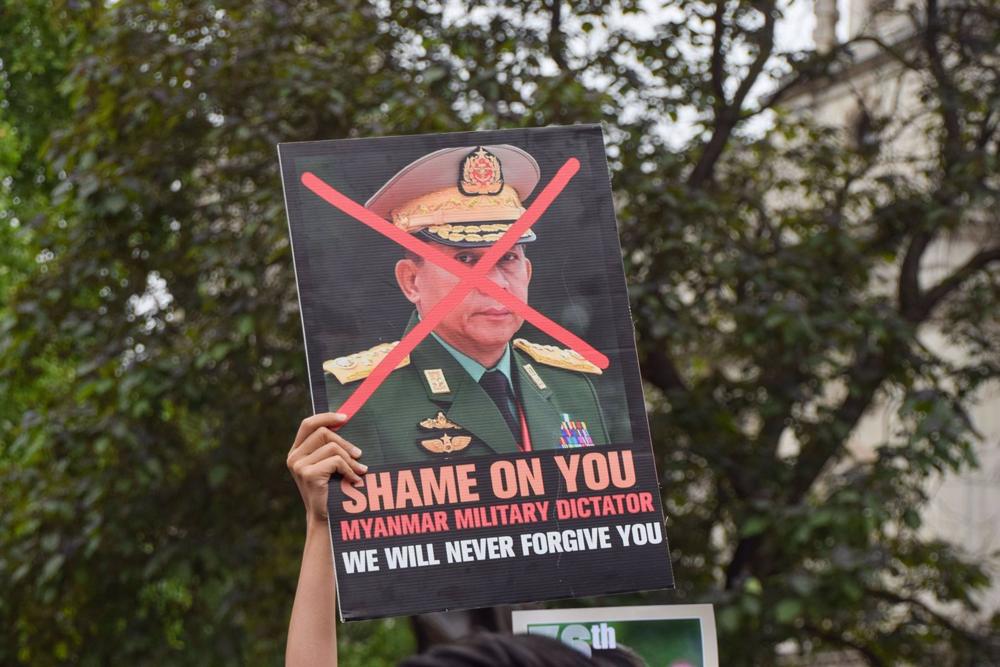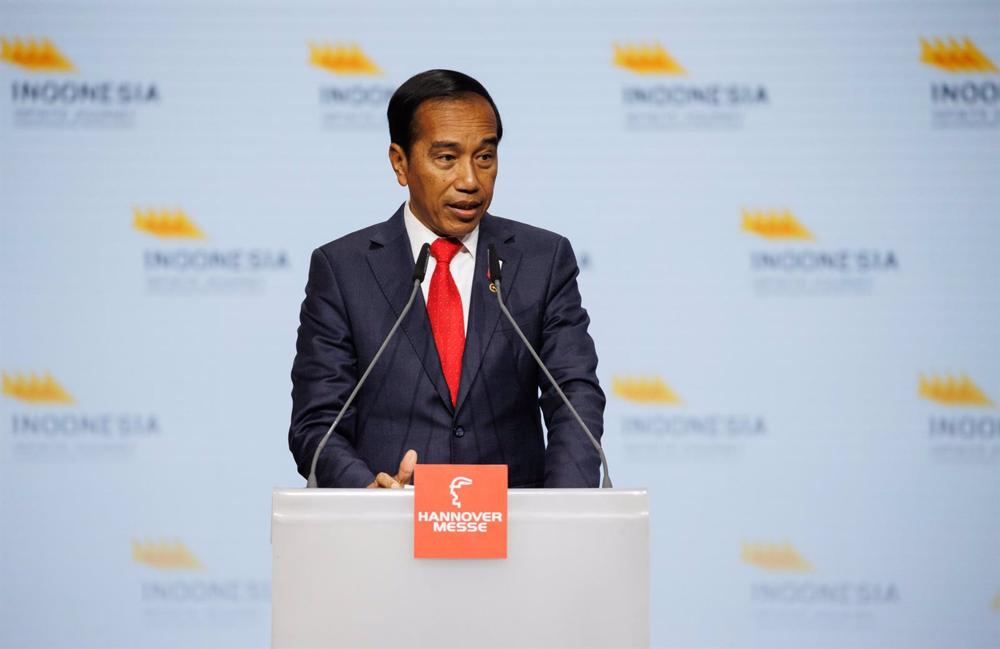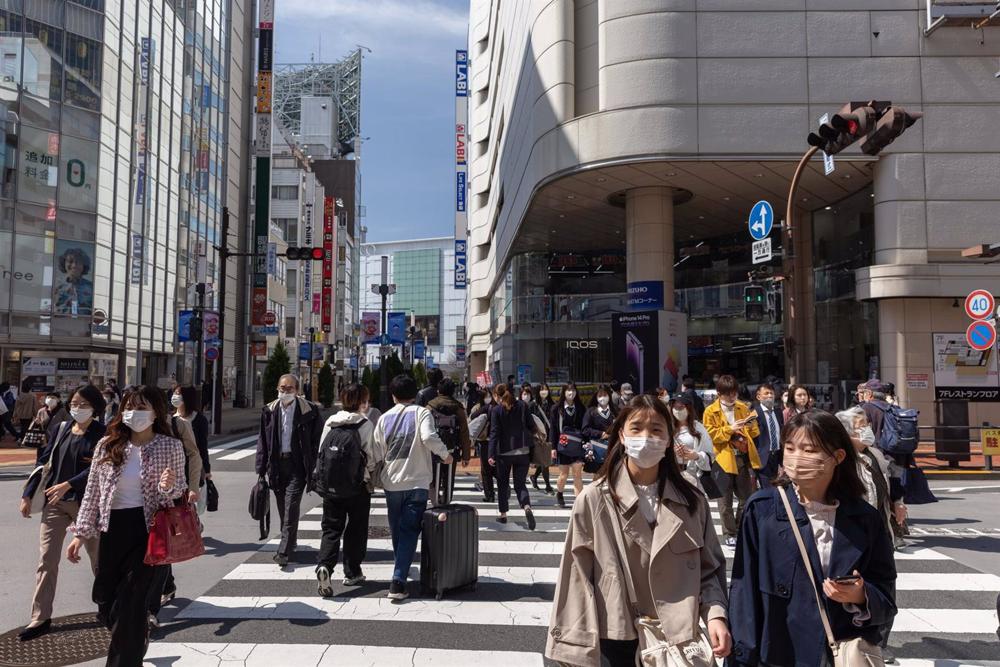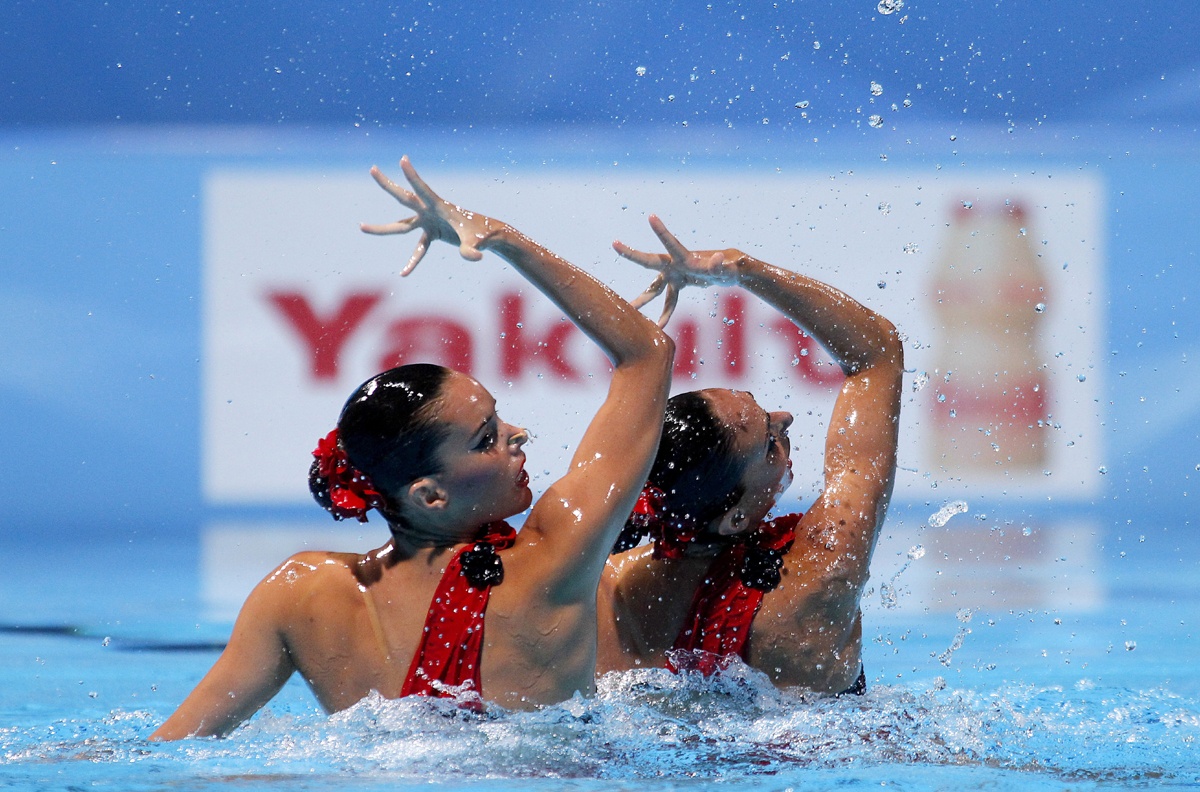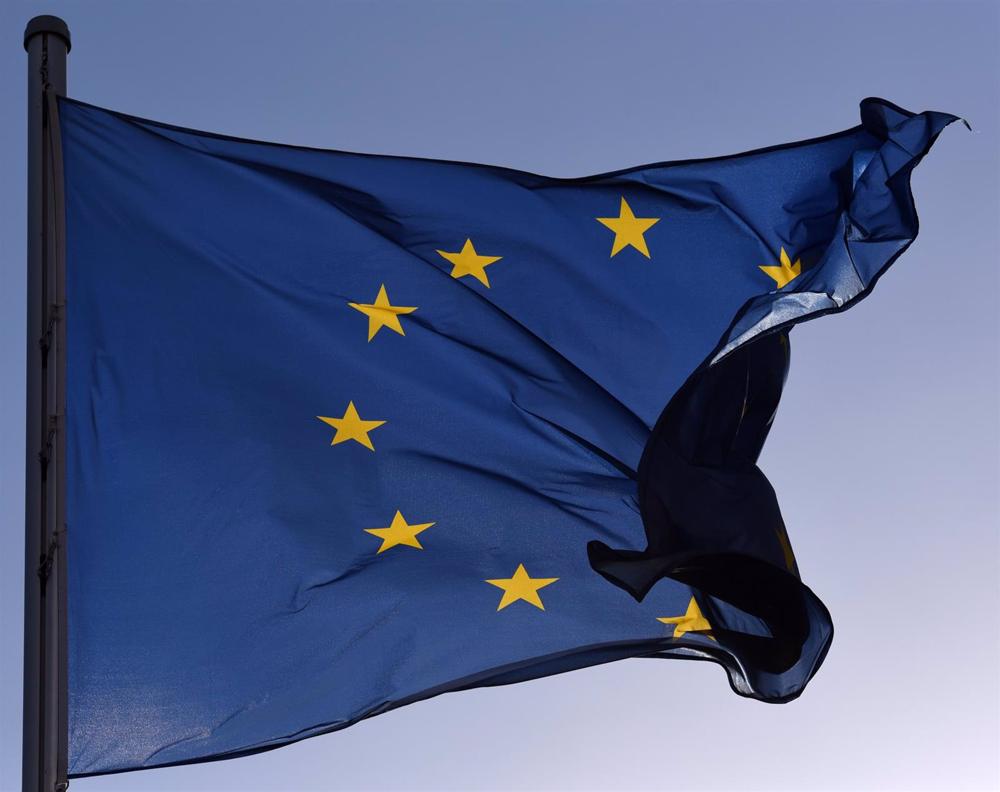
The leaders of the European Union reiterated Wednesday their intention to strengthen trade relations with the countries of the Association of Southeast Asian Nations (ASEAN) despite the fact that the Southeast Asian bloc has not unanimously condemned Russian aggression in Ukraine and avoided a firm stance against Chinese assertiveness towards Taiwan.
At a press conference after the summit held in Brussels, the President of the European Council, Charles Michel, stressed that the meeting was «historic» as it brought European and Southeast Asian leaders together around the same table for the first time after 45 years of relations. In this sense, he insisted on the intention to develop the potential of the link to have more prosperous and sustainable economies, making the partnership between the EU and ASEAN stronger.
The former Belgian Prime Minister expressed the EU’s willingness to «raise the level of ambition» with ASEAN countries and highlighted the offer to mobilize 10 billion euros in infrastructure in the region, funds that will serve to achieve «tangible» results for the people of Southeast Asia.
For her part, the President of the European Commission, Ursula von der Leyen, focused on more trade between the two regions, stressing the aspiration to develop more free trade agreements with countries in the area, in addition to the existing ones with Singapore and Vietnam. All with the «ultimate goal» of resuming the momentum to negotiate a region-to-region one, which began to be discussed in 2007 and was allowed to die for lack of political interest.
«The dream is to achieve a block-to-block agreement sooner rather than later,» Michel added, while from the Asian side the Cambodian prime minister and current president of ASEAN, Hen Su, insisted that «politics should not prevent free trade agreements» and claimed that any future agreement between Europe and Southeast Asia must be signed «as equal partners».
CONDEMNATION OF RUSSIAN INVASION OF UKRAINE The fine words about strengthening the EU-ASEAN deal have not been tarnished by the lack of unanimity among Asian countries in explicitly condemning Russian aggression in Ukraine. The joint statement of European and Asian leaders, under negotiation until the last moment, does not include overt rejection of the Russian invasion and repeats the formula used at the G20 summit in Indonesia last month.
Thus, the joint text stresses the commitment of both blocs to multilateralism, the rules-based world order and respect for the integrity and sovereignty of countries, and notes that the «majority» of those present at the meeting strongly condemn the war in Ukraine.
Mind you, he recalls that «there were other views and different assessments of the situation and sanctions against Russia.» «We continue to reaffirm, as for all nations, the need to respect the sovereignty, independence and territorial integrity of Ukraine,» read the conclusions, identical to those reached at the G20 Bali summit.
In this regard, the Cambodian prime minister has insisted after the summit on the position of «respect for the sovereignty, territorial integrity and political independence» of the Asian bloc and said that ASEAN raises objections to «annexation and the use of force against a sovereign state». Although most ASEAN countries supported the UN resolution denouncing Russian aggression in Ukraine, neither Laos nor Vietnam joined in and chose to abstain.
«It is true that in ASEAN not all countries have the same position,» acknowledged the Cambodian leader, who nevertheless emphasized the region’s request for a cease-fire and pacification of the conflict in Eastern Europe. The Southeast Asian countries are calling for a cessation of hostilities in Ukraine, for an environment to be created to solve the problems peacefully, allowing humanitarian access to civilians.
On the tension in the South China Sea over the Taiwan issue and the growing rivalry between the United States and China, the conclusions of the European and Asian leaders point to this sea as a key to world trade and stress the importance of maintaining and promoting peace, security, stability, safety and freedom of navigation and overflight in this area.
As for the clash between Beijing and Washington, Philippine President Ferdinand Marcos made it clear at a press conference that the countries of the region do not want to «return to the Cold War» and to a situation in which they have to «choose a superpower». «The future of the Indo-Pacific region must be resolved by the Indo-Pacific countries and not by external countries,» he said.
